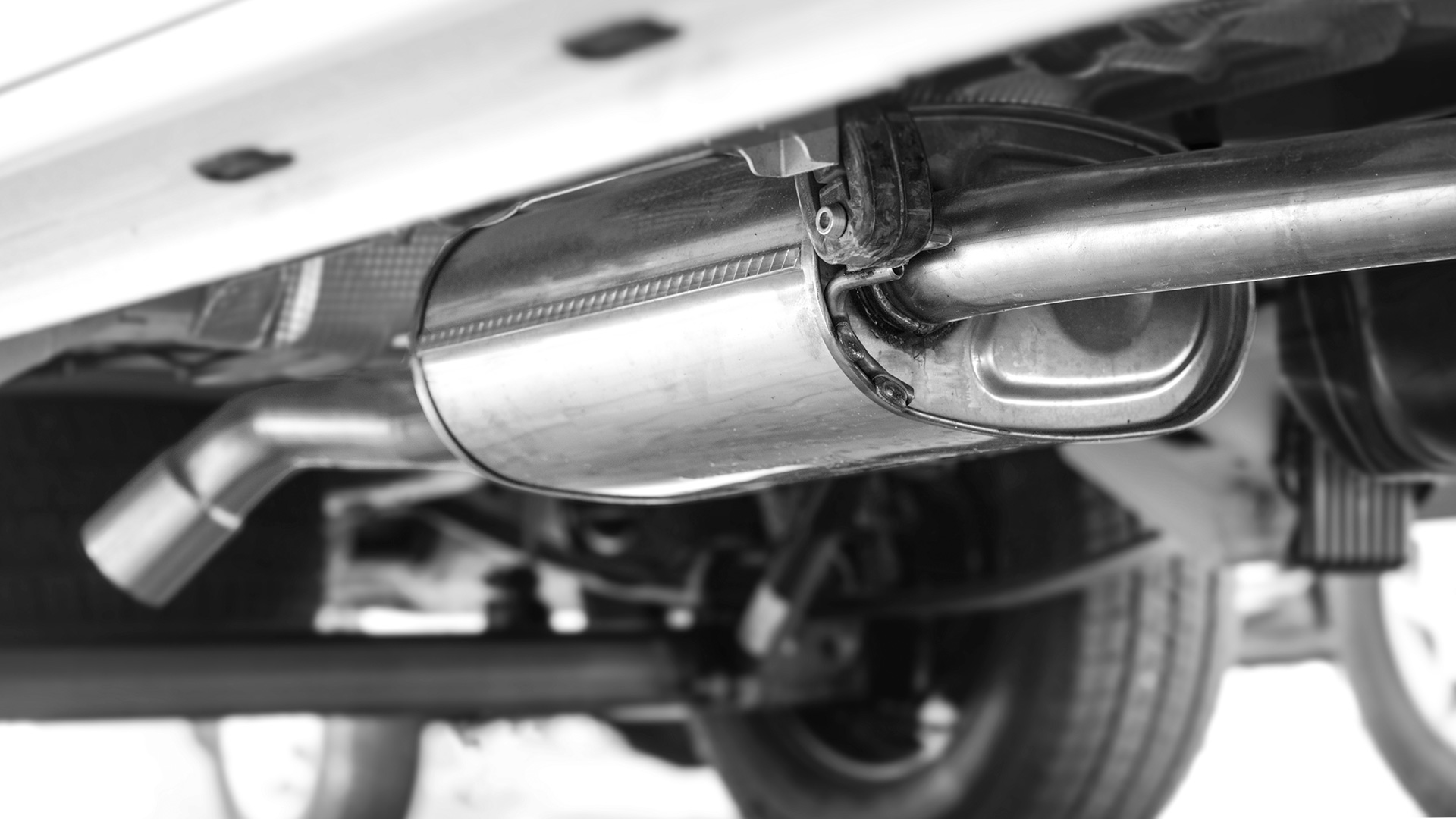
Cases of stolen catalytic converters, part of a vehicle’s exhaust system that turns toxic gases into water and carbon dioxide and sits in the cars undercarriage, are on the rise across South Carolina, but a new law might change that.
Deputies in Lexington County, South Carolina, told WSPA that they have received around 150 reports of stolen catalytic converters in 2021, triple the number they had the same time last year. In fact, the Lexington County Sheriff’s Department recently arrested a man who had stolen 83 of the exhaust emission control devices a few weeks prior.
Richland County also saw a huge uptick in cases. In 2016, Richland County Sheriff’s Department only had two cases of catalytic converter theft, while in 2020 they had 290.
According to law enforcement, the device is valuable due to the metals inside of it, which includes palladium, rhodium, and platinum. Thieves can also steal a converter in a manner of minutes by quickly sawing it off, leaving the car owner with a repair bill that often costs thousands of dollars.
Captain Adam Myrick said, “It’s very surprising for a lot of people to figure out that one of the most valuable pieces of their car is up under it.” Myrick said the thieves can take the metal to a scrap yard and make a few hundred dollars off it.
However, law enforcement hopes that a new bill in the South Carolina House of Representatives will make it more difficult to sell stolen converters, thereby discouraging the thieves.
The bill, which passed unanimously in the House, would make buying or selling stolen converters a crime that could carry up to a three-year prison sentence. It also would require a paper trail of receipts showing how the converter ended up separated from a vehicle to ensure that it lawfully belongs to the seller.
Sponsor of the bill Rep. Chris Wooten (R-Distict 69) explained, “We don’t want to hurt the people who are doing it the right way but the people who are traveling across the state with 60 or 80 converters in their car are not doing it the right way. We’re not telling anyone you can’t sell your catalytic converter – you just need a receipt that shows it’s your catalytic converter or from a car you’re working on.”
Lawmakers reported that states with similar situations have a decrease in thefts. Myrick said that he hopes the bill will be a deterrent to criminals.
“We hope it turns into a deterrent. A lot of it comes down to education and outreach,” he said.
Richland County Sheriff Leon Lott called the law a possible “game changer” at a recent news conference. “I think this really is going to put a stop to a serious problem we have in our state,” he said.





